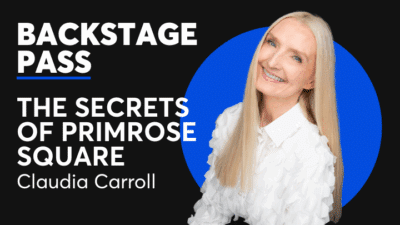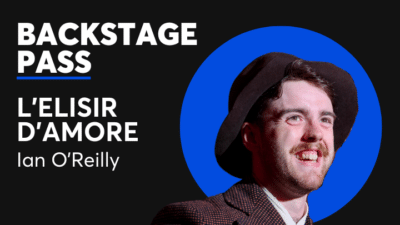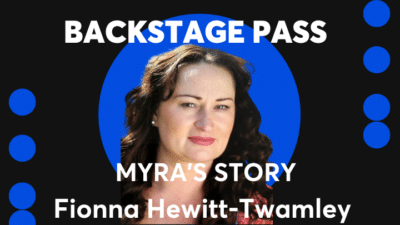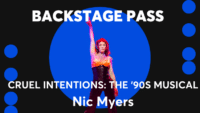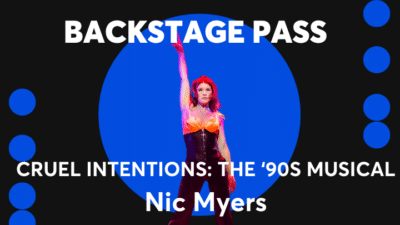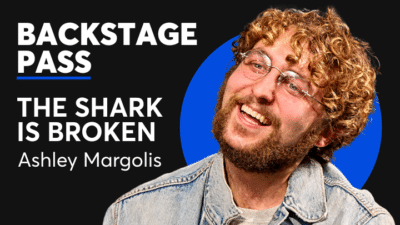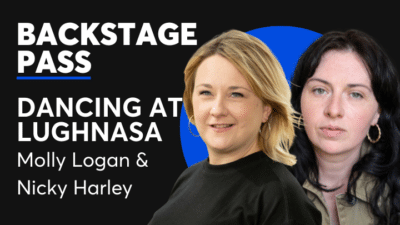Theatre
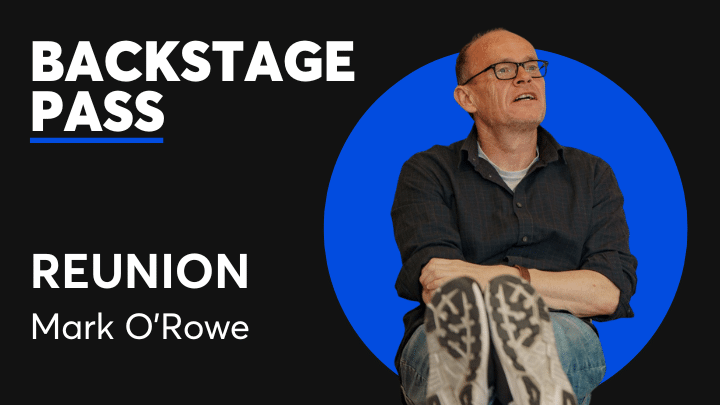
Interview
Backstage Pass: Reunion – Mark O’Rowe
Playwright Mark O’Rowe and a stunning ensemble bring ‘Reunion’ back to the Gaiety Theatre, Dublin from 21 October – 2 November 2025.
A family gathers for a celebration on an island off the west coast of Ireland. When an unexpected visitor drops by, tensions begin to surface. Over the next 24 hours, scores will be settled, beliefs challenged, and truths disclosed, ultimately jeopardising their very future together. Mark O’Rowe’s hilarious comedy-drama Reunion dives deep into the chaos, love, and complexity of family life.
From Landmark, producers of the smash-hit The Weir (starring Brendan Gleeson), and co-produced with Galway International Arts Festival, Reunion returns to the Gaiety Theatre from 21 October – 2 November 2025 following glowing reviews, a sold-out 2024 run, and a recent triumphant London engagement.
We met up with playwright Mark O’Rowe in the iconic Dublin theatre to talk family dynamics, looking for new challenges and returning to previous works.
Can you introduce yourself?
My name is Mark O’Rowe. I’m a playwright and the author of Reunion.
What can you tell us about Reunion?
The play is about a family who gather together on an island off the west coast of Ireland to celebrate the anniversary of their father’s death. The family all gather there along with their respective partners, and at a certain point, an unexpected visitor arrives, throwing everything into chaos.
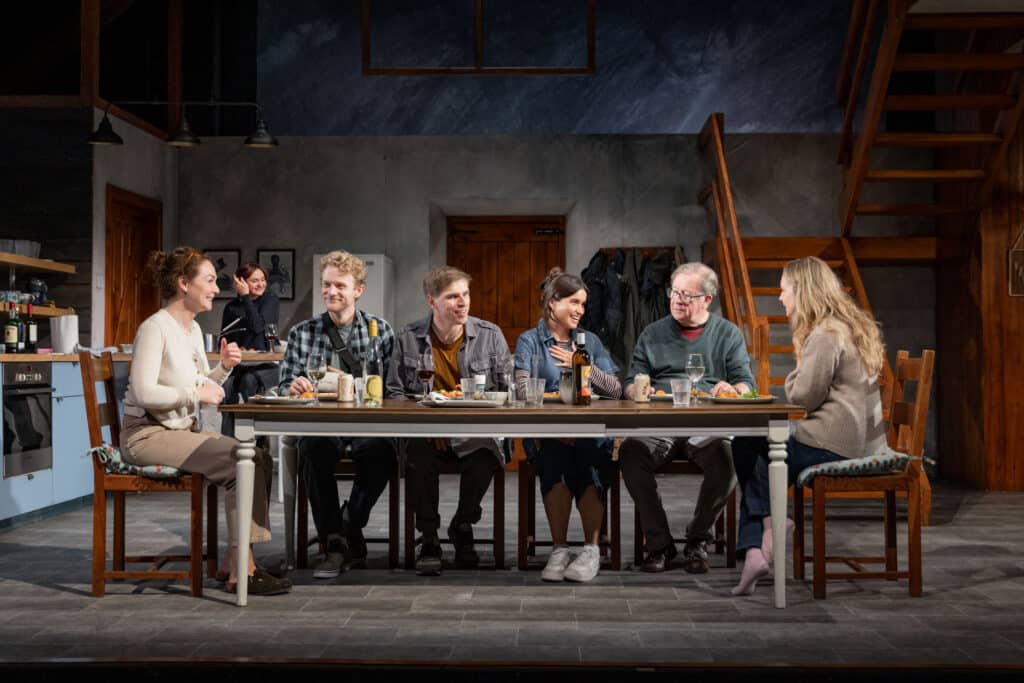
How did the show evolve from initial idea to its debut at the Galway International Arts Festival?
Well, I wrote it, and then we put it on! I wanted to write a play that had a lot of characters, family drama, something where there will be a lot of people on stage at any given time, and that we could have that real feeling of something really happening in front of our eyes. So I spent long time writing that, refining it, honing it, and the result is the play Reunion.
It’s a ten-person cast, how did you assemble the players, and what has it been like to work with them?
Well, some people you’ve worked with before, you want to work with again, so you offer (the role) to them. Some actors it’s an audition process, with some it’s just based on a conversation, because you know how good they are, and you just want to know if they’re on board with what you’re trying to do. The main thing for me, from the outset, was to give it the feeling of spontaneity, but choreographed spontaneity. So you wanted to give an impression of chaos, of people talking over each other, of the kind of stuff that you would see in real life, but to also to give it a musicality. So for a lot of the play, most or all of the characters are on stage. So the choreography of that, both in the writing and in staging, was very, very complex. And I suppose the feeling needs to be something like that, of going to see a concert where there are no lead roles, but everybody plays an incredibly important part to lift something that’s kind of beyond any one of them up to where it needs to be.
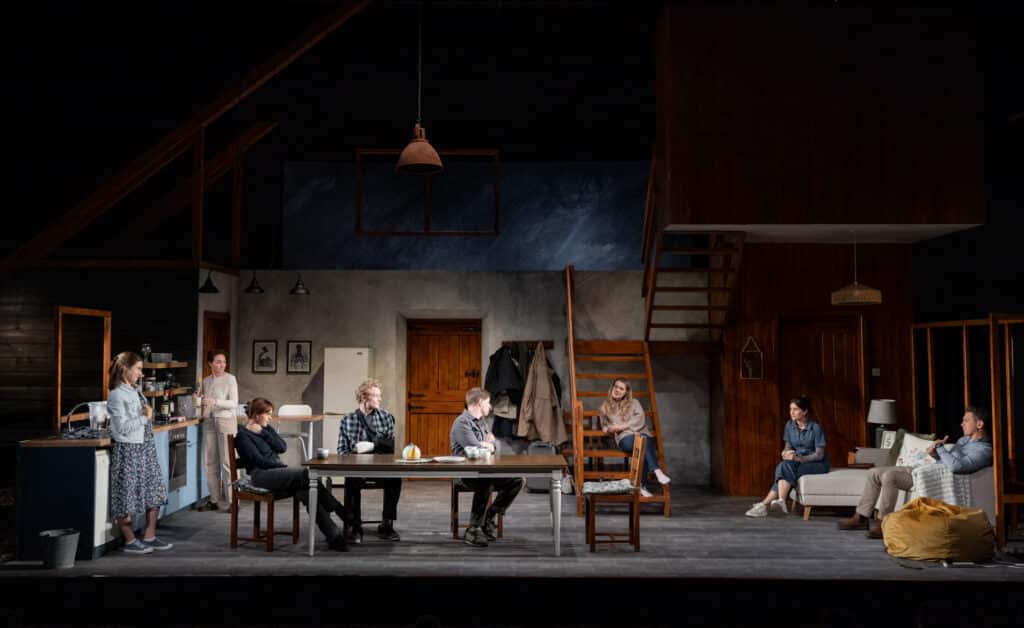
The show is set at a family reunion, did your own family act as inspiration for any of the characters?
Yeah, no, not really. I think it’s interesting, because families have to deal with each other, right? Because they’re family, all those little problems that we have with our siblings or our parents or that that they have with us, we sort of have to put them aside in order to get on together, when we’re together. And I think in real life, for most people’s families, they keep a lid on that, they’re able to sort of behave with each other. And, you know, the things that annoy us about each other, we try to sort of be above getting upset by those things or making them become fights. Of course, in a play, drama has to happen. So I think this is, you know, this play’s the version where, if all of those things that we generally keep a lid on exploded at the same time, where would that leave a family?
You’re known for your darkly comic, and sometimes surreal dramas, yet Reunion is a decidedly domestic setting. In your mind does that grounded setting make it stand out from your previous work?
Um, that’s a great question, and I think never say never, but I think the work has become, has been becoming a little bit more grounded as I’ve progressed in my career or just gotten older, or whatever, which is not to say that I may not write something incredibly over the top, or surreal, or fantastical again, but I think that’s just a consequence of getting older, where your interests sort of evolve as you evolve, and also you don’t want to be doing the same thing all the time. So there are certain kind of forms of drama that I’ve done and really felt that I’ve gone as far as I can go with them. So you’re constantly looking for a new challenge, and it’s interesting, you know, to write anything, you need an idea, and I feel more and more that it’s less a good idea that you’re looking for than an obsessive idea. The idea doesn’t even have to be good. It has to be an idea that you’re going to obsess on and that will carry you across a year or two years, or however long it takes you to write that play.
The idea of, you know, a big family drama taking place across one day and one night and the next morning was sort of the North Star. The thing that, you know, you keep returning to. You’re trying to give something the sense of happening in real time. Something that I think theatre does really well is, you know, you can have a long scene in theatre and the audience, if it’s dramatized well enough, the audience isn’t going to get restless. They like being in one location. They like watching the minutiae of human behaviour play out in real time. And ‘Reunion’ has four long scenes, and that was a very deliberate decision at the start, so that the cast and the family could be on stage for long enough periods that we got to we got to learn the rhythm of the play very early, and so that the play could kind of give us what theatre gives us better than other forms like literature or film.
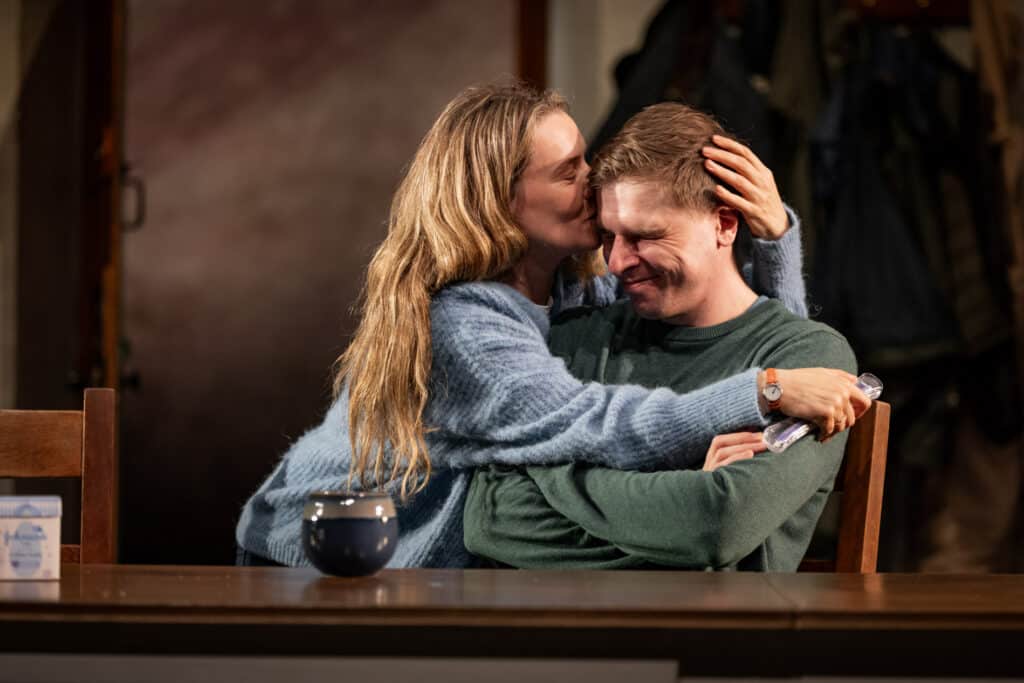
Harshness and humour become very intertwined in the dialogue in Reunion, is this something you’ve observed as a distinctly Irish trait?
Again, another good question. My only answer to that can be, you write the way you write. I think your only obligation is to the quality of the work and the authenticity of the work. And the authenticity, I think, comes from your own beliefs, your own life experiences, your own observations. And so when I sit down to write a play, I don’t say to myself, this is going to be really hilarious, but it’s also going to have moments of dark, thrilling drama. You just write the play, and the balance of humour and drama and darkness kind of comes out the way it comes out. So, and I don’t think I’ve ever written any other way than that. So it’s not something you think about up front. It’s just that if you’re, if you’re tapping into your own creativity, that there is your voice, that mixture of those things is kind of what your voice is.
Many people would be familiar with your work on Intermission and Normal People, how different is it writing for film, TV and stage?
Quite different because you don’t have as much freedom. I can’t say writing a play is any harder or easier than writing film or an episode of TV, but it’s you know, you do have a team around you whose objective is to help you make what you’re trying to say as good as it can be. And that’s very welcome and is very effective as well. Often with TV and film, you’re trying to give somebody else what they want, so you’re much more a worker for hire in that in that sense.
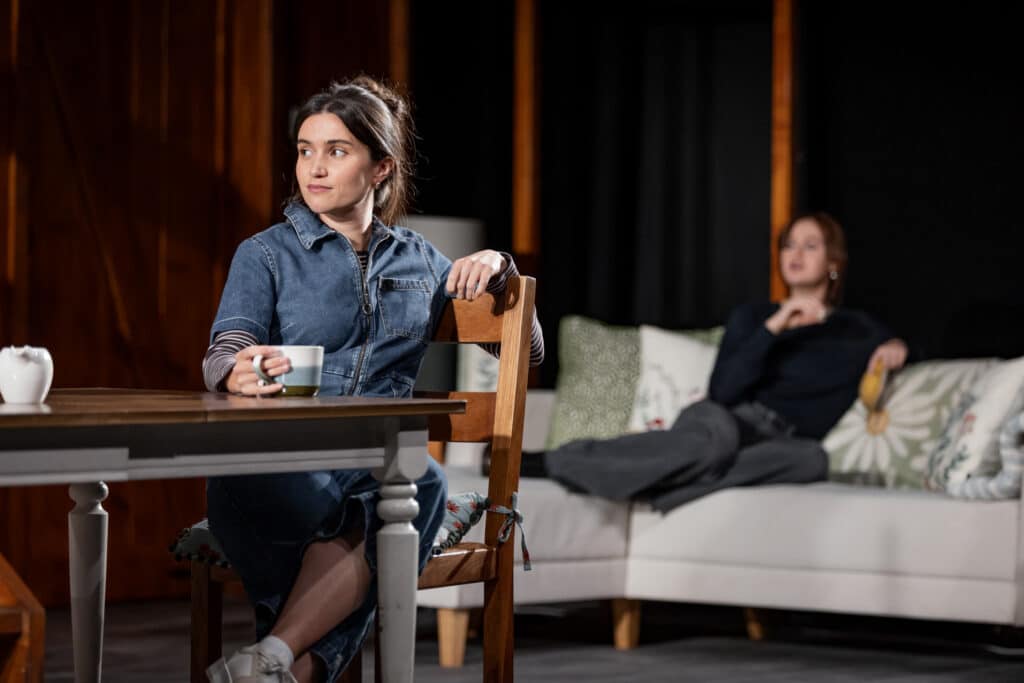
Have you ever been tempted to go back to a previous work and revisit the characters?
No. No, I don’t have any better answer than that! Again, that’s not to say I never would, but I’ve never had the compulsion to do that. It would feel a little bit like going backwards. Now, offer me enough money, and I might consider it but you know, again, in theatre, you’re really trying to follow where your own kind of creative soul is leading you, and so you’ve got to be, you’ve really got to be on the lookout for impulses or things that are happening in the world, or that are happening in your life that are sort of tugging at your mind a little bit. They’re usually the things to follow.
How would you describe Reunion in three words?
Thrilling, unpredictable, hilarious.
For more great shows, take a look at our Theatre & Arts Guide HERE, where you can find Broadway & West-End classics, intense dramas and everything in between.





